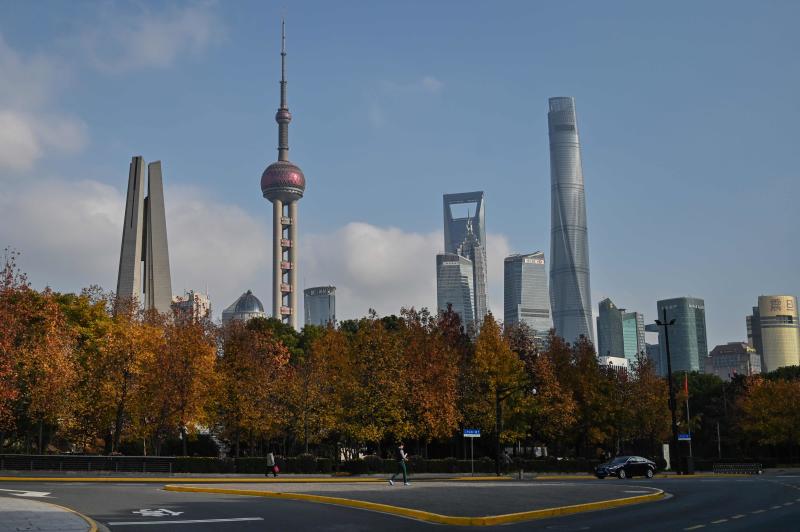China lays out growth priorities for 2020
Sign up now: Get insights on Asia's fast-moving developments

The year 2019 has been full of risks and challenges at home and abroad, but main indicators for China's commerce have shown steady and sound development, Commerce Minister Zhong Shan said.
PHOTO: AFP
BEIJING (CHINA DAILY/ASIA NEWS NETWORK) - China will continue to beef up the domestic market, boost high-level opening-up and ensure high-quality development of trade and investment in 2020, the commerce minister has said.
Speaking at the ministry's year-end meeting on Sunday (Dec 29), Commerce Minister Zhong Shan laid out key priorities for further development in the coming year.
He said the country will rev up efforts to "build a strong domestic market, open up to the outside world at a higher level, promote high-quality development of commerce and build the economy into an economic and trade powerhouse".
He said these moves will help contribute to the building of a moderately prosperous society in all respects - a target China aims to meet in 2020.
The year 2019 has been full of risks and challenges at home and abroad, but main indicators for the nation's commerce have shown steady and sound development, Mr Zhong said.
In the first 11 months, retail sales of consumer goods totalled 37.3 trillion yuan (S$7.2 trillion), up 8 per cent year-on-year, the ministry reported.
Consumption, which contributed more than 60 per cent of economic growth in the first three quarters, is expected to remain the "primary driver" of such growth, Mr Zhong said at the meeting.
Foreign trade totalled 28.5 trillion yuan between January and November, up 2.4 per cent year-on-year, the ministry reported.
China plans to establish an evaluation system for high-quality trade development including indicators, policies, statistics and performance by 2022, aiming for significant improvement in trade structure and efficiency, according to a guideline released in November.
The guideline was unveiled to promote high-quality development of trade with a key focus on forging stable and better-structured trade development.
Mr Wei Jianguo, vice-chairman of the China Centre for International Economic Exchanges, said: "In the future, the country is expected to carry out more measures to optimise trade structures, foster new businesses, build a better trade environment and continuously deepen reform and opening-up."
He said the foreign investment law, taking effect on Jan 1, will bring about several changes. For instance, in the upcoming year, foreign investment is expected to flow not only to big-ticket projects but also to small and medium-sized ones, Mr Wei said.
More than 1,000 medium-sized projects - those worth more than US$1 billion (S$1.3 billion) - are expected to attract foreign capital in the next year, Mr Wei said.
Foreign direct investment this year has steadily increased. In the first 11 months of this year, FDI reached 845.9 billion yuan, up 6 per cent year-on-year, according to the ministry.
"The country's business environment is expected to ensure relatively stable foreign direct investment," said Professor Li Yumei at the University of International Business and Economics in Beijing.
Uncertainties have hampered the flow of foreign capital into China's high-tech industries, but the impact is still relatively small, Prof Li said.
The country needs to come up with more effective measures to cushion potential impacts, she added.


